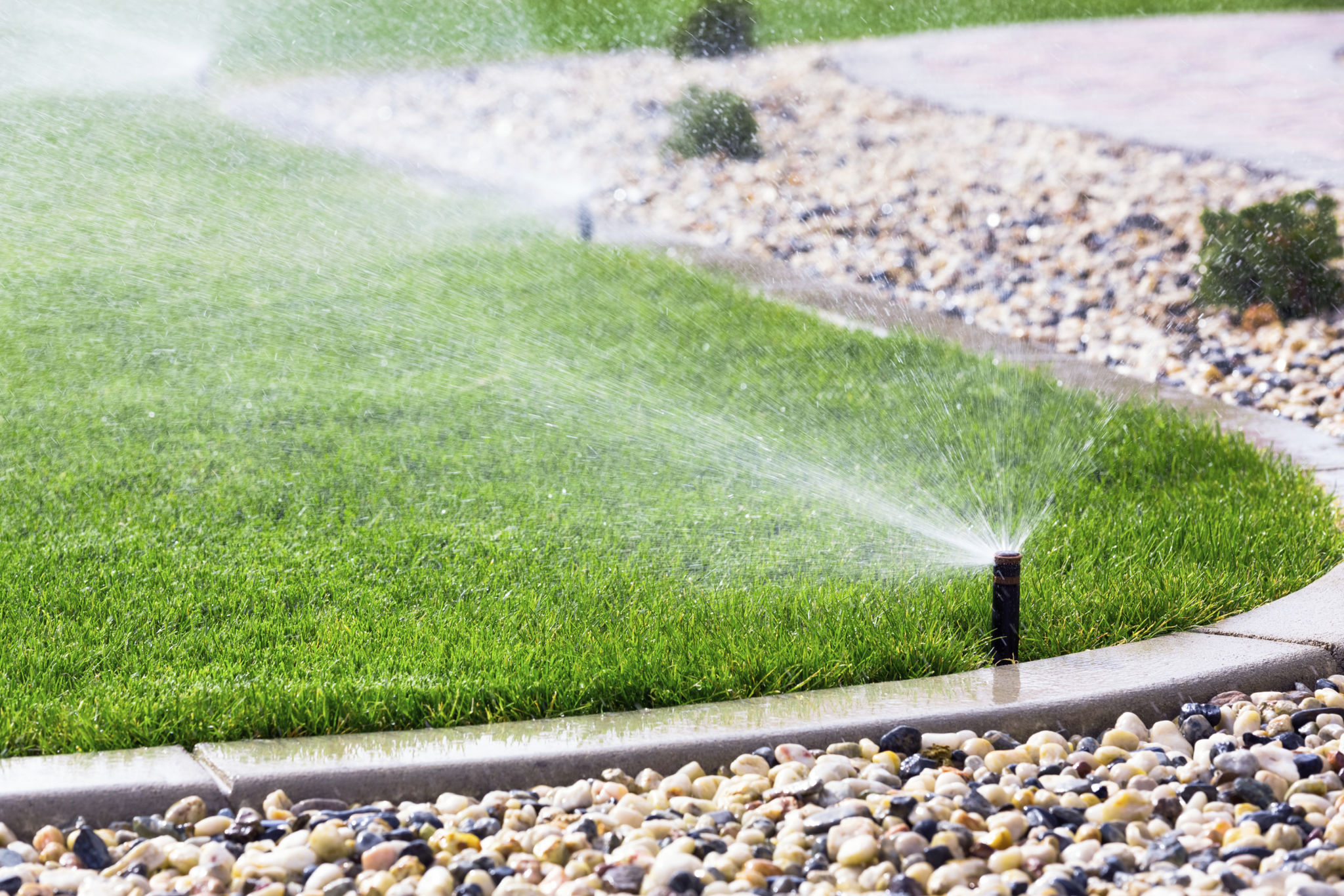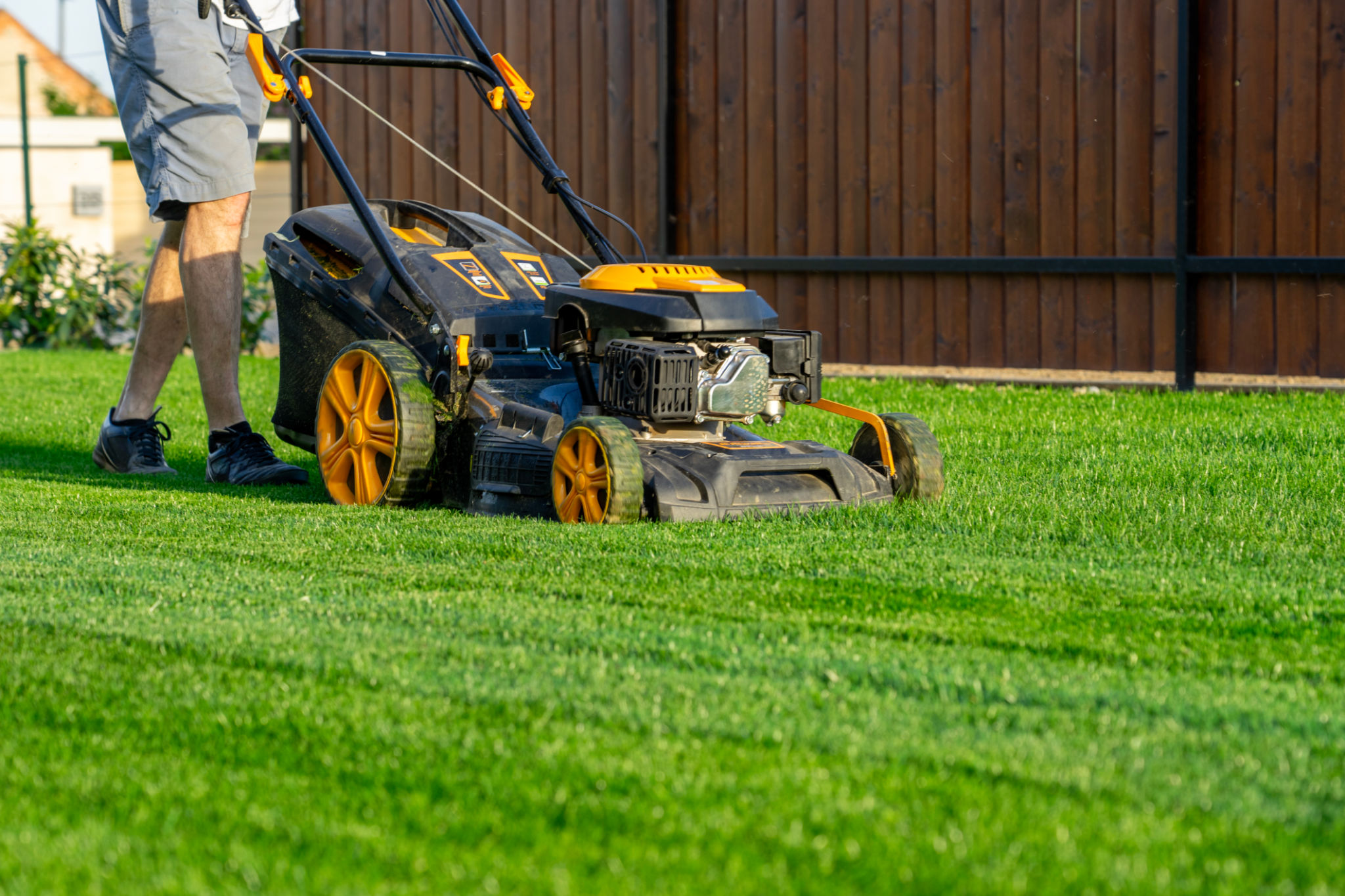Common Lawn Care Mistakes and How to Avoid Them
Ro
Overwatering Your Lawn
One of the most common mistakes homeowners make when it comes to lawn care is overwatering. While grass needs water to grow, too much can lead to issues like root rot, disease, and even fungus growth. It's essential to understand your lawn's specific needs based on the type of grass, soil conditions, and climate.
To avoid overwatering, aim to water early in the morning when evaporation rates are lower. This ensures that more water reaches the roots rather than evaporating in the midday sun. Moreover, investing in a rain gauge can help monitor natural rainfall and adjust your watering schedule accordingly.

Ignoring Soil Health
The health of your lawn is heavily dependent on the quality of your soil. Many homeowners tend to overlook this critical aspect, focusing solely on grass growth. However, poor soil can lead to weak grass that is susceptible to pests and diseases.
To maintain healthy soil, regularly test its pH levels and nutrient content. Based on the results, you can amend the soil with the necessary fertilizers or organic matter. Aerating your lawn yearly can also improve soil health by enhancing its ability to absorb nutrients and water.

Mowing Mistakes
Mowing seems straightforward, but incorrect practices can damage your lawn. Cutting grass too short, commonly known as "scalping," weakens its ability to photosynthesize and can expose the soil to weeds and pests.
To avoid mowing mistakes, follow these tips:
- Set your mower blades to the recommended height for your grass type.
- Keep mower blades sharp to ensure clean cuts.
- Avoid mowing during extreme heat when grass is stressed.

Ignoring Weeds
Weeds are not just unsightly; they also compete with your grass for nutrients, water, and sunlight. Ignoring them can lead to a patchy and unhealthy lawn. Regular monitoring and maintenance are crucial in keeping weeds at bay.
Consider using pre-emergent herbicides in the early spring to prevent weed seeds from germinating. For existing weeds, spot-treat them with a targeted herbicide or manually remove them to prevent further spreading.
Inconsistent Fertilization
Fertilizing your lawn is essential for providing it with the necessary nutrients to thrive. However, inconsistent fertilization can lead to nutrient imbalances, causing more harm than good. It can result in weak grass that is prone to disease and pest infestation.
Establish a regular fertilization schedule based on your grass type and local climate. It’s important not to over-fertilize, as this can lead to excessive growth and environmental runoff issues. Always follow label instructions for the best results.
Conclusion
A healthy, lush lawn requires more than just occasional mowing and watering. By avoiding these common mistakes and implementing a thoughtful lawn care routine, you can enjoy a beautiful yard year-round. Remember that regular maintenance and attention to detail are key to achieving the lawn of your dreams.
